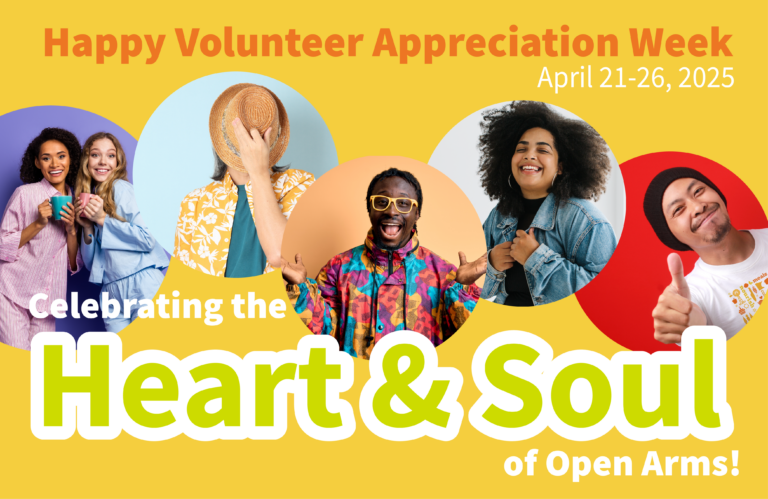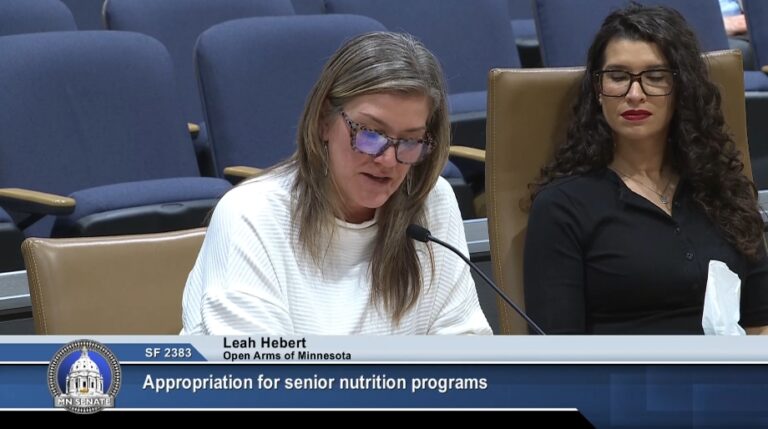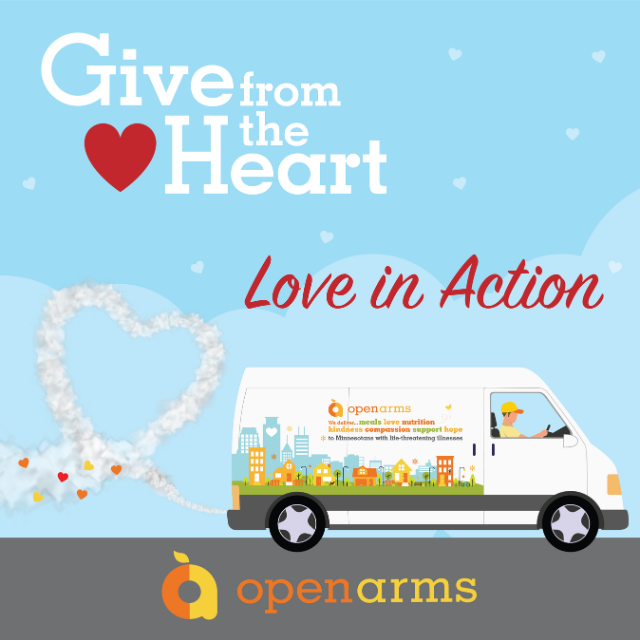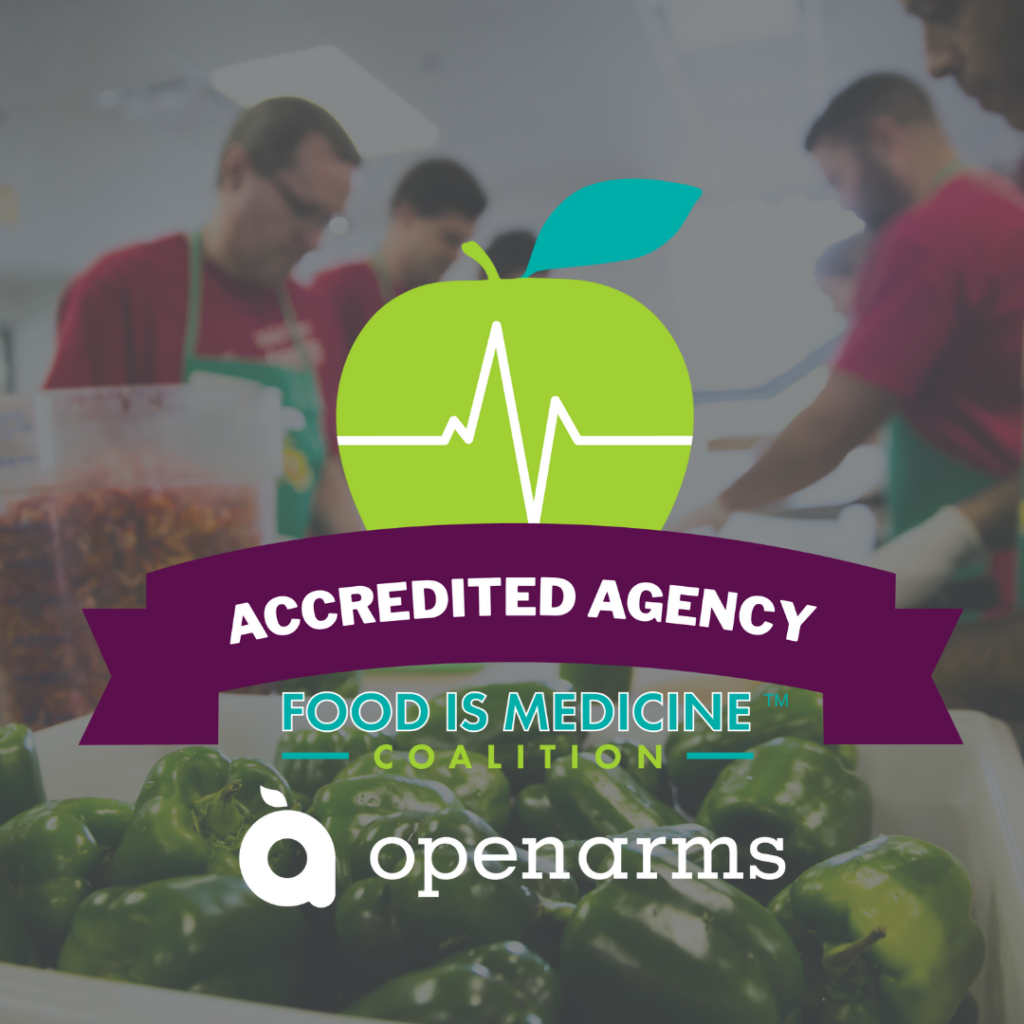Follow any ground transportation route on the African continent, such as roads driven by long distance truckers who are transporting goods great distances, and you will notice elevated rates of HIV infection along those routes. Truckers are away from their families for extended periods of time, have money, and the opportunity to engage in sex with commercial sex workers who come to these areas knowing there will be a constant demand for their services. In the absence of AIDS education, training, access to condoms, and the ability for commercial sex workers to negotiate safer sex practices – HIV infection skyrockets.
The road from
Congestion is not limited to the paved road. Along the shoulder, donkeys roam freely, sometimes into traffic which causes immediate slowdowns. Ethiopians walk with their goats or sheep, some carry firewood, some sell watermelons or rugs or insulated containers that keep water cold for those in transit to Dijbouti. Farmland in the
The city of
The high risk corridor has been a priority for HIV/AIDS education and outreach for years. International relief organizations, many of them funded by President Bush’s PEPFAR (President’s Emergency Plan for AIDS Relief) initiative, created programs to reduce HIV transmission, provide Anti-Retroviral Treatment (ART), and improve adherence to medications. Save the Children is here, as is the World Food Program, the Clinton Foundation, and numerous other non-governmental organizations (NGO) both large and small. One doesn’t need to understand Amharic to appreciate that the billboards with a red ribbon are HIV/AIDS messages and reminders. When we check into the Safari Lodge for an overnight stay in Adama I find two condoms in a woven basket by the side of the bed. Although most Ethiopians I have talked with about HIV/AIDS primarily discuss abstinence and being faithful, the existence of coffee flavored condoms and bedside condoms at the Safari Lodge, give me confidence that the complete A-B-C model of HIV/AIDS education and prevention, (Abstain – Be Faithful – Use Condoms), is being practiced here.
But despite the efforts of NGOs, the HIV/AIDS messages, the availability of condoms to prevent infection, and medication to help control the disease, an extraordinary amount of work still needs to happen just along this one high risk corridor. And there are many corridors just like this one on the African continent, and around the world.








